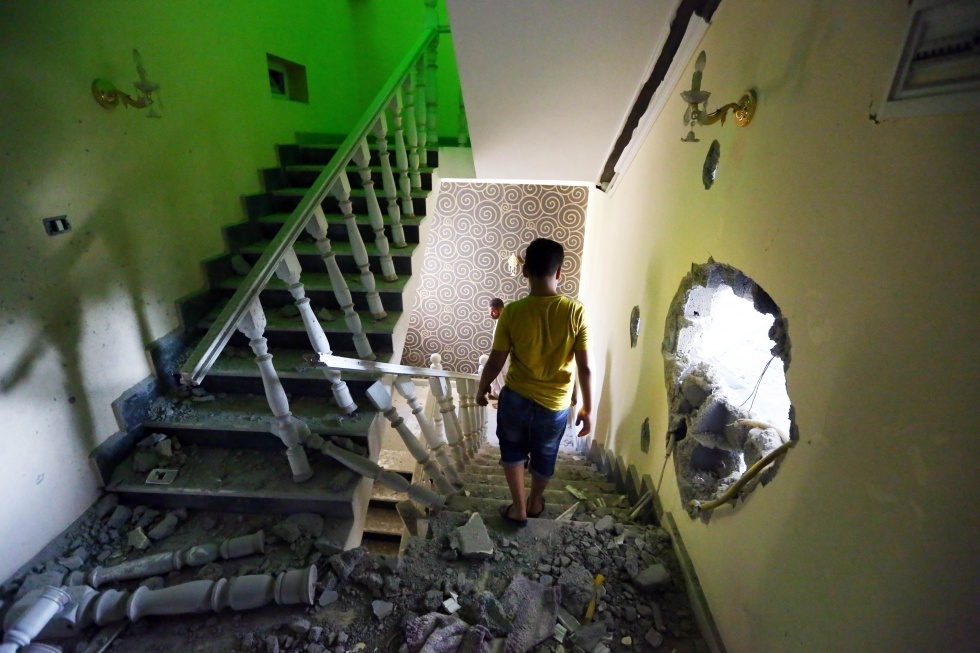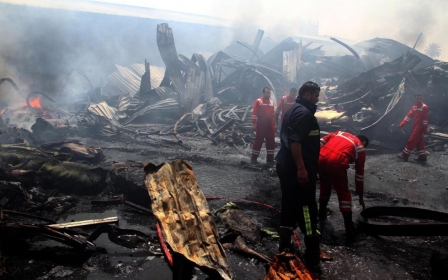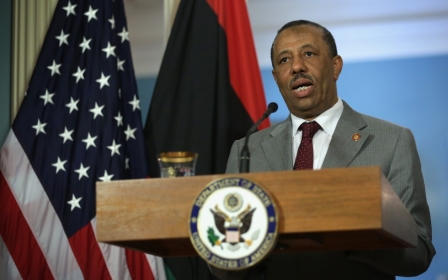Tripoli security chief assassinated in Libya

The head of the security directorate in the Libyan capital Tripoli was assassinated on Tuesday afternoon, after leaving a security meeting in the city’s suburbs.
Mohamed al-Suwaisi, who was in charge of security in the capital and also headed its police forces, was shot a number of times as his car stood at traffic lights.
Hassan Morajea, a Middle East Eye contributor based in Tripoli, said that Suwaisi’s assassination came as a surprise.
“He was not a well-known, popular figure in the media. He attended pro-army and pro-police demonstrations, but he did not speak out against any particular group,” Morajea said.
No group has yet claimed responsibility for the assassination.
The killing could be a significant moment for the Libyan conflict which has been raging between various Islamist-inspired militant groups and rival militias. Until recently, Libya's second city Benghazi saw the worst of the fighting, although in recent weeks escalating violence has also gripped the capital where Islamist-leaning Misrata forces have come to blows with nationalist groups headed by Zintan-led
The Red Cross in Benghazi has recovered 85 bodies from conflict-hit areas since 18 July, according to a report by the state news agency LANA on Tuesday.
However, the security head’s killing could signal that a months-long campaign of assassinations of senior police and army figures in Benghazi has now moved to the capital, Morajea explained.
The Libyan army chief of staff, who on Monday admitted to having "no control" over government-funded rebel groups fighting the militants, had called for a ceasefire on 6 August, although fighting has largely continued unabated.
It is estimated that 7,240 families have so far fled their homes due to fighting in the capital, Libya analyst Mohamed al-Jarh reported.
Many are seemingly seeking refuge in neighbouring Tunisia and over 147,000 Libyans have passed through the official border crossing near the capital since fighting in Tripoli escalated, according to Libyan daily al-Wasat.
The website reported on Monday that the humanitarian situation in the capital had continued to deteriorated, with shops beginning to run short of staple supplies.
A further pro-army demonstration is planned for Friday in both Tripoli and Benghazi. Morajea said that he expected today's assassination to be a key issue at the protest and to push more people to take to the streets despite the precarious security situation.
"People want to show their support for police and army forces - it's just that everybody has a different idea of who these forces are," Morajea added.
New MEE newsletter: Jerusalem Dispatch
Sign up to get the latest insights and analysis on Israel-Palestine, alongside Turkey Unpacked and other MEE newsletters
Middle East Eye delivers independent and unrivalled coverage and analysis of the Middle East, North Africa and beyond. To learn more about republishing this content and the associated fees, please fill out this form. More about MEE can be found here.



